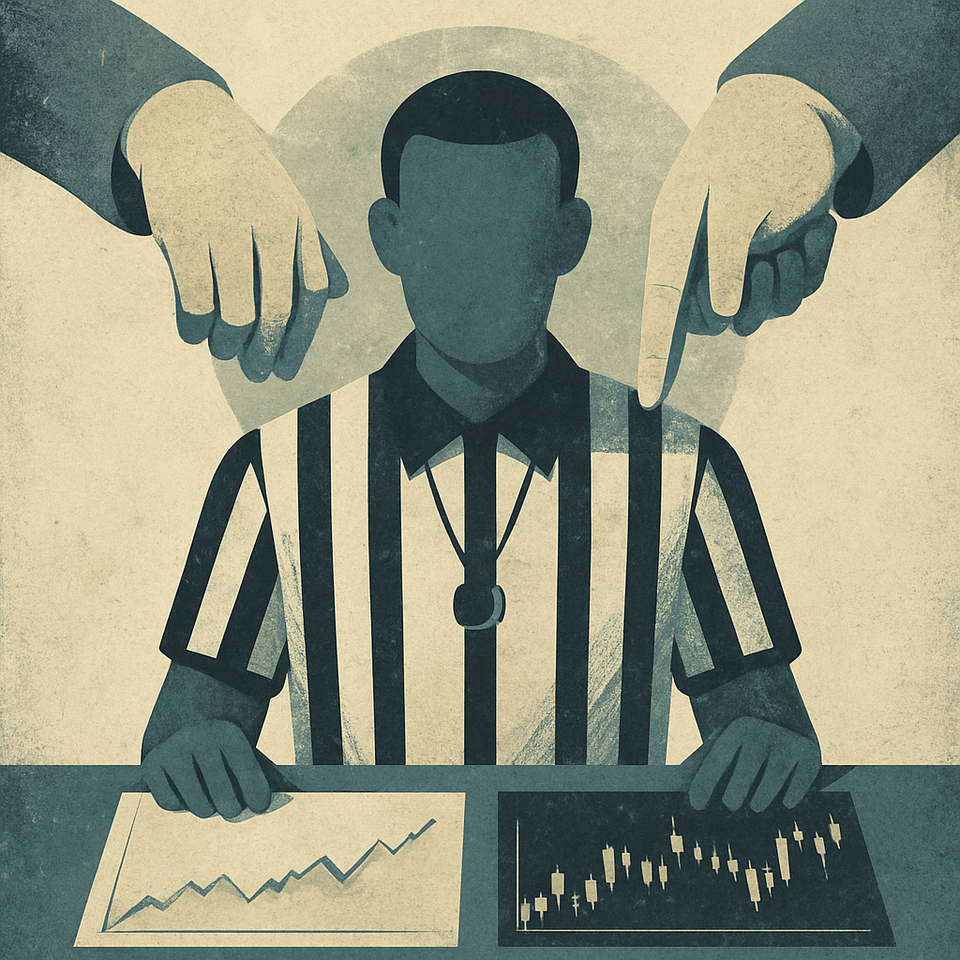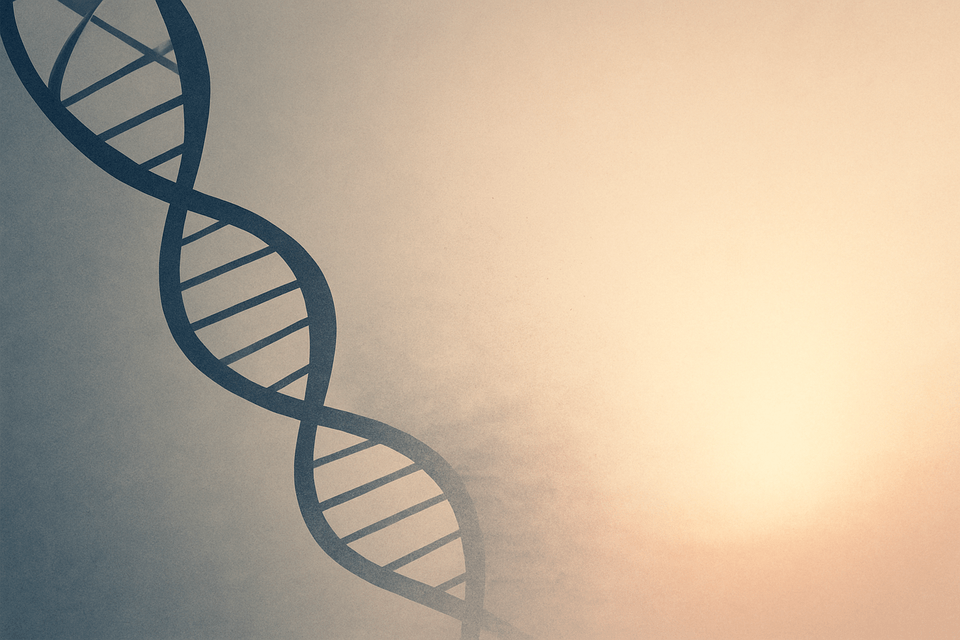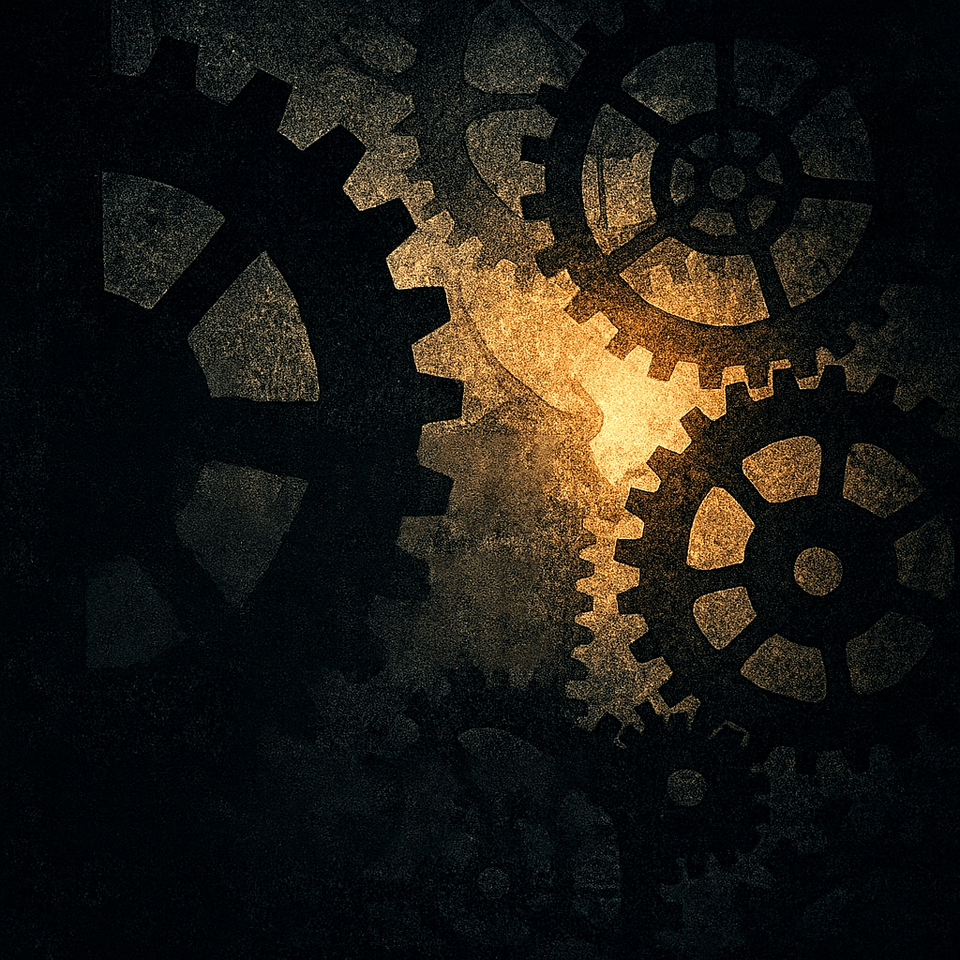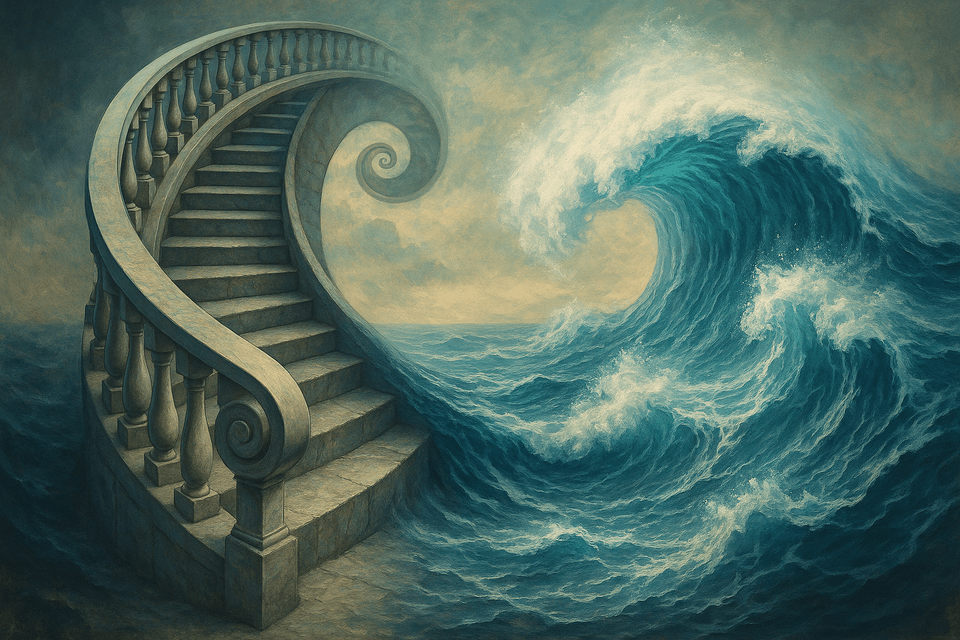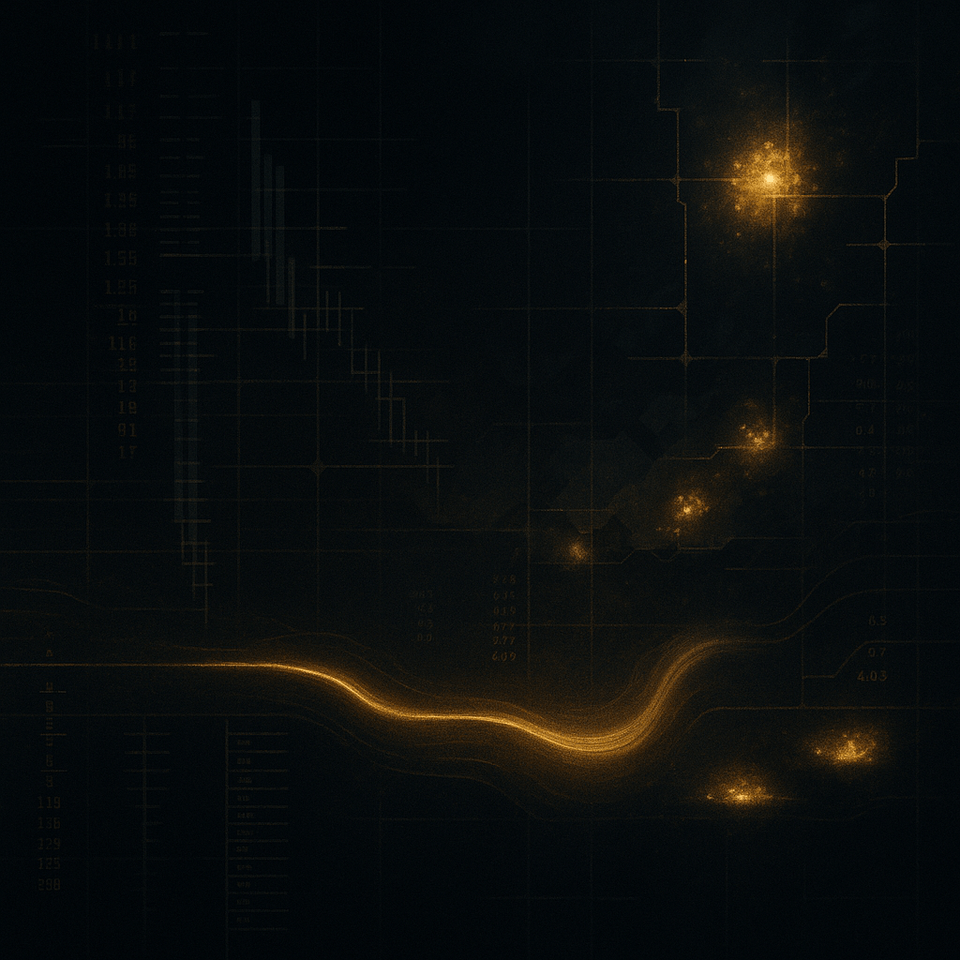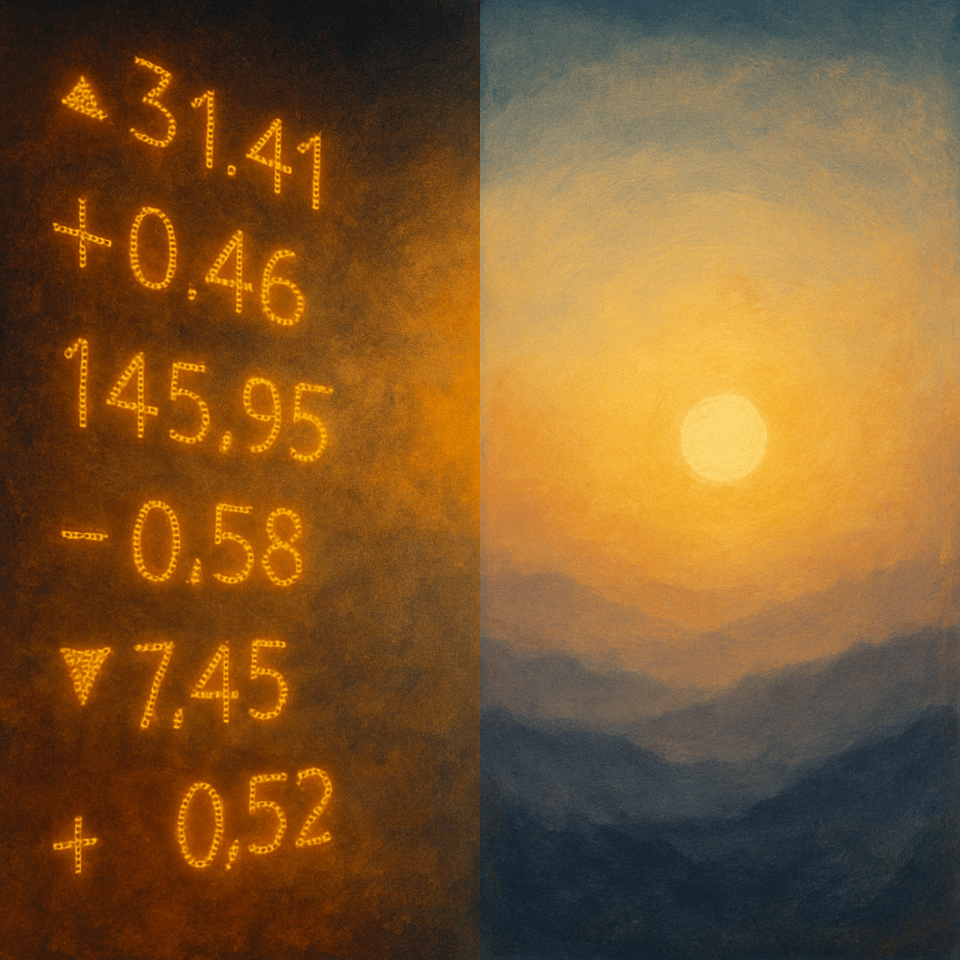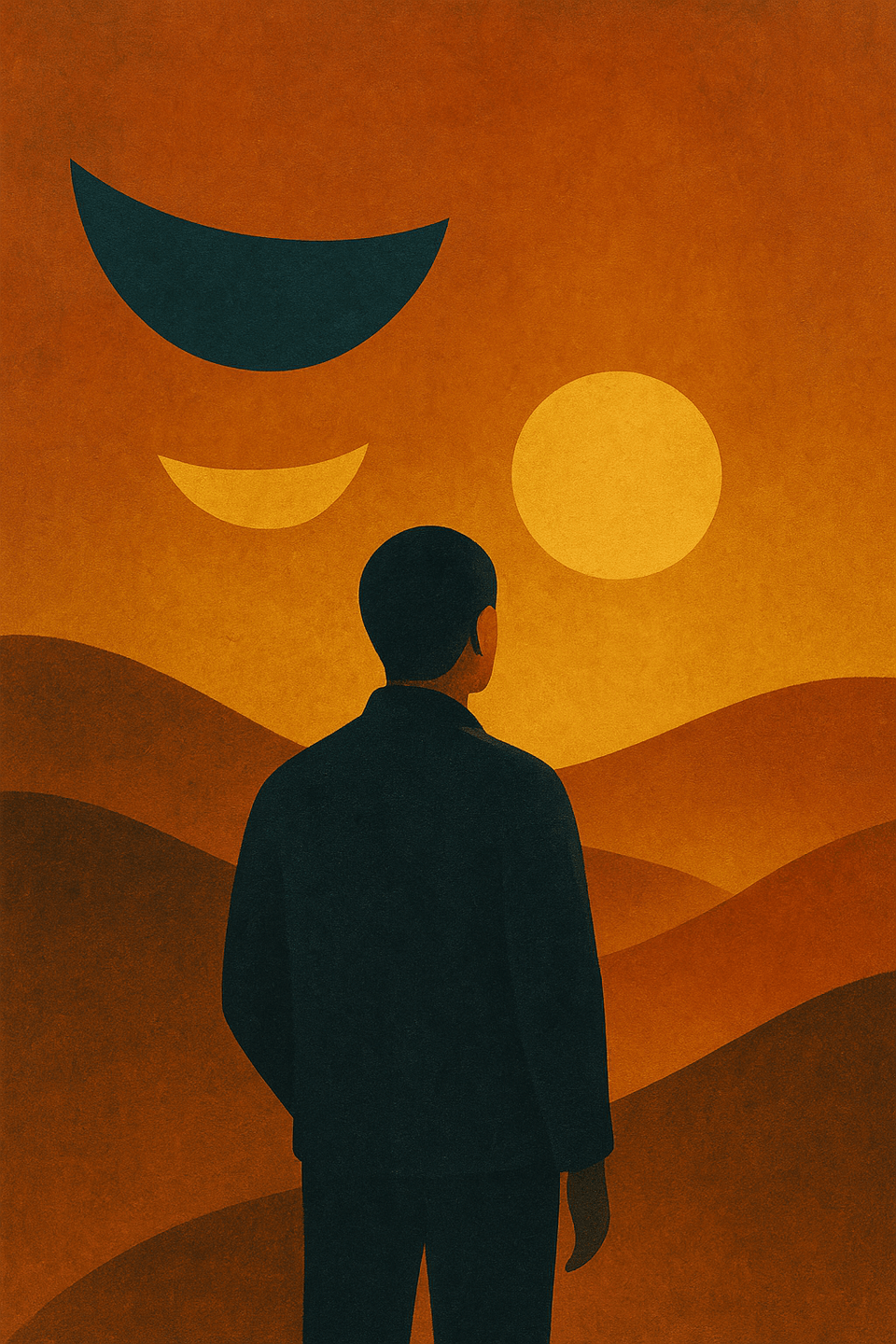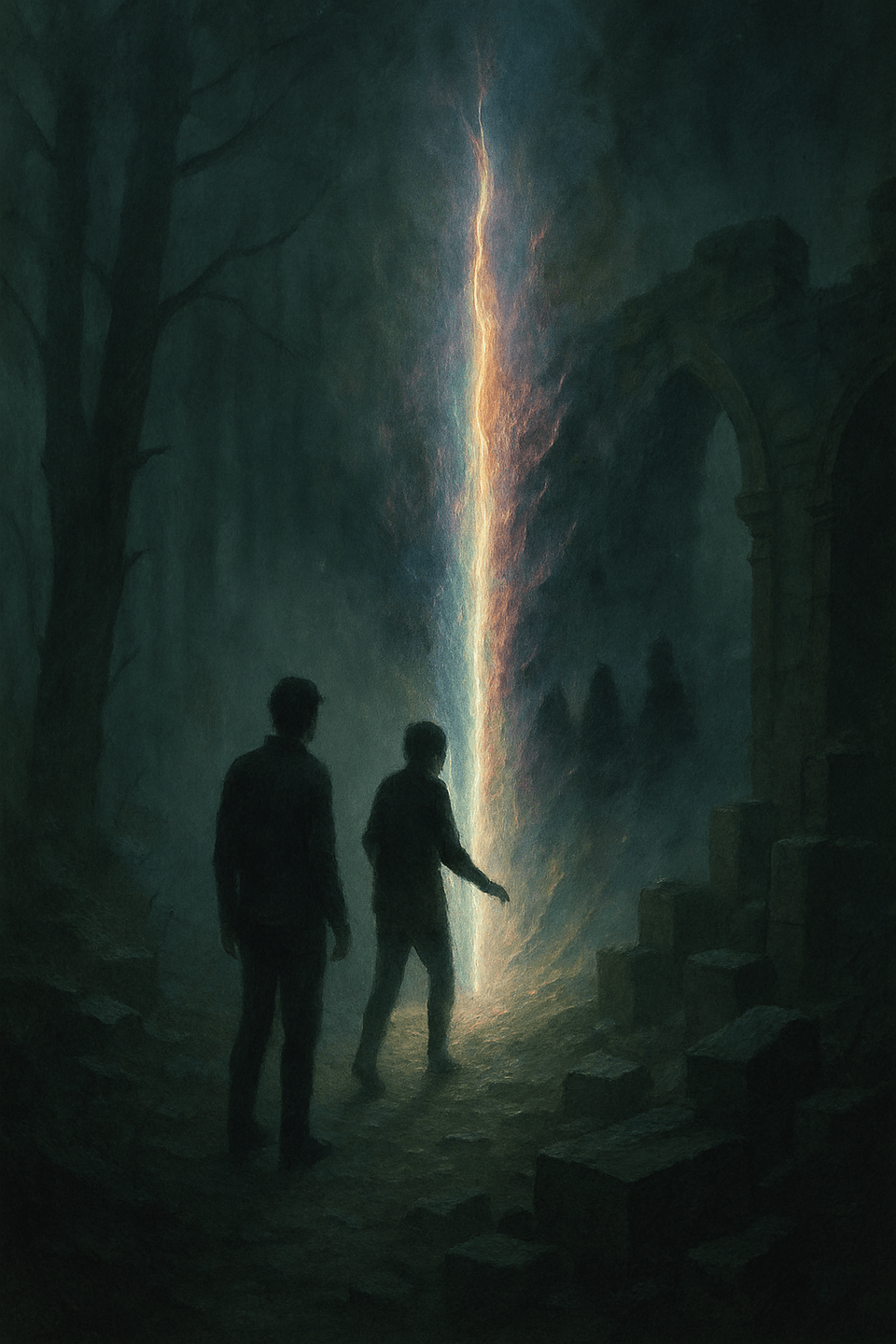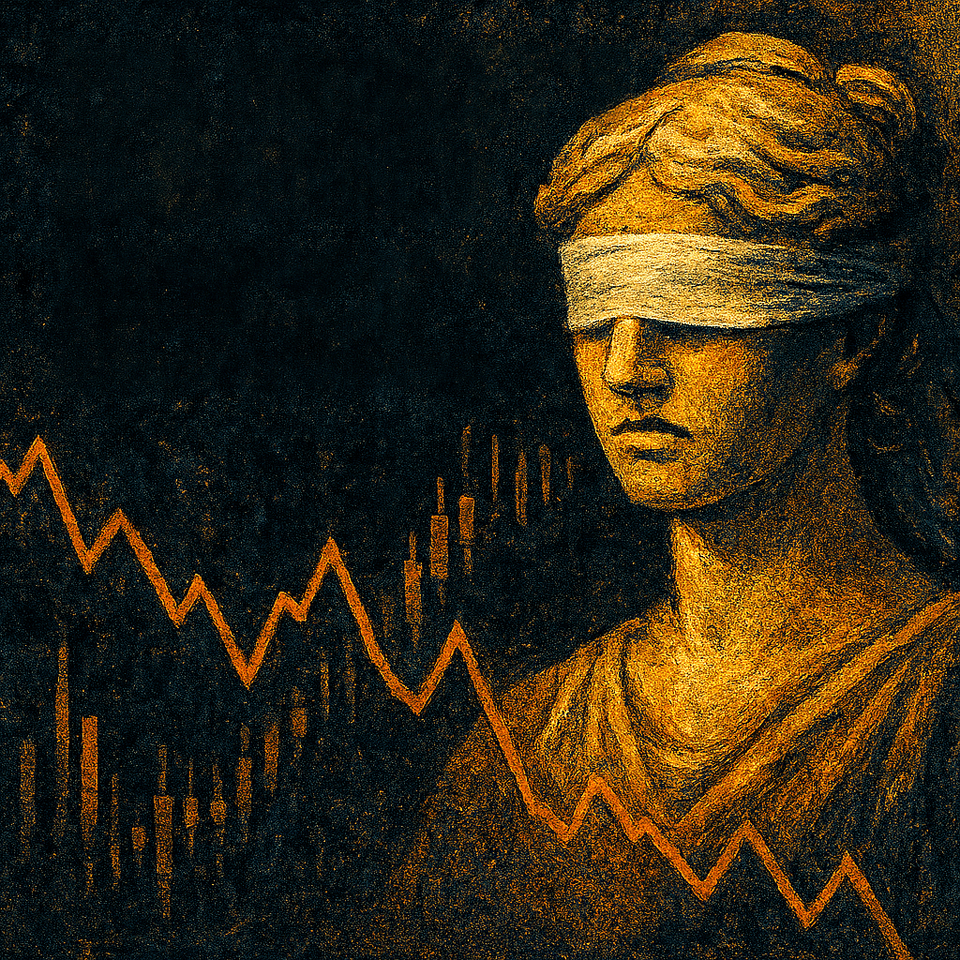
The Market’s Blindfold: Understanding Dark Pools, Hidden Venues, and Information Asymmetry
The Understanding Market Mechanics series closes with the blindfold — the final veil that hides as much as it reveals. Markets are not neutral or transparent, but choreographed theatres of asymmetry where most begin at a disadvantage by design. This is not a guide to profit, but an invitation to awareness, humility, and the imagining of something fairer than the game we have inherited.

